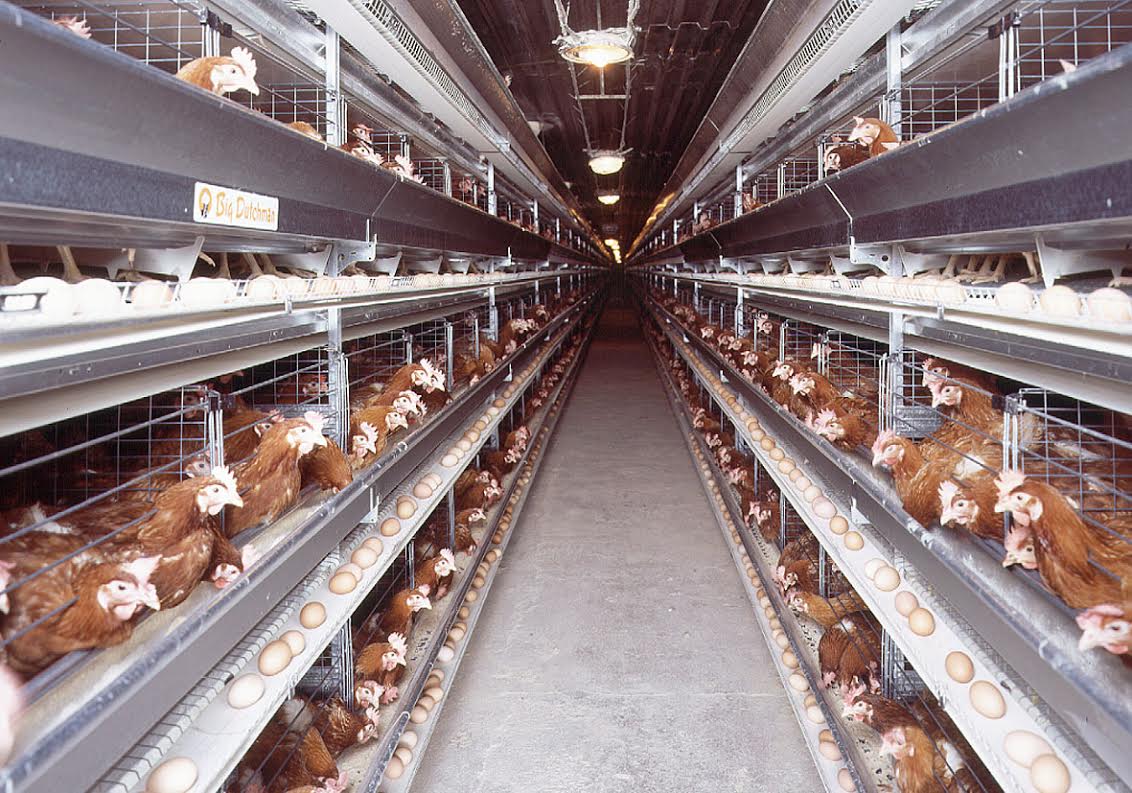'Major blow to egg producers': Union's response to Tesco phasing out caged eggs by 2025

The Ulster Farmers’ Union says Tesco’s decision to stop sourcing eggs from caged hens by 2025 will come as a 'major blow' to egg producers.
This comes after the retailer conducted a detailed review of its egg sourcing strategy, which included consultation with suppliers, industry experts and other key stakeholders.
Tesco says this move is the latest initiative designed to ensure the retailer sources products in a sustainable way.
Working with supplier partners, Tesco will transition to 100% cage-free eggs, moving to alternative sourcing methods, such as barns, free range and organic.
At present, some 43% of the 1.4 billion eggs sold by Tesco each year come from caged eggs, also known as enriched colonies. Some 57% of eggs sold by Tesco in the UK come from Free Range or Organic methods.
'Impact on poultry farmers'
The UFU says it understands that the decision reflects changes in customer demand, but warns of the impact on poultry farmers who have recently invested in enriched colonies for laying hens.
"Producers have invested to ensure eggs produced in Northern Ireland are fully compliant with EU regulations.
"These brought better welfare standards for hens and we comply with and exceed some of the highest welfare standards in the world," said UFU poultry chairman, Tom Forgrave.
"We need to ensure this does not have a negative impact. As Tesco begins its transition to cage free eggs it is essential it communicates effectively with suppliers through what are going to be big changes for the industry," he said.
The UFU understand that Tesco will move to alternative sourcing methods, such as barn production, free range and organic.
"If it is barn production we need an assurance that we will not see an exit from that system a few years down the line, again after significant investment by producers.
"We are determined that recent investment and farmers' dedication to animal welfare are not overlooked," said Tom Forgrave.








